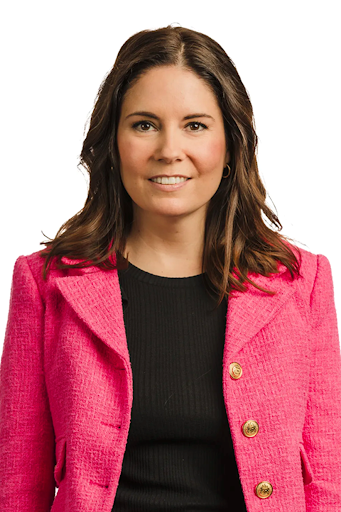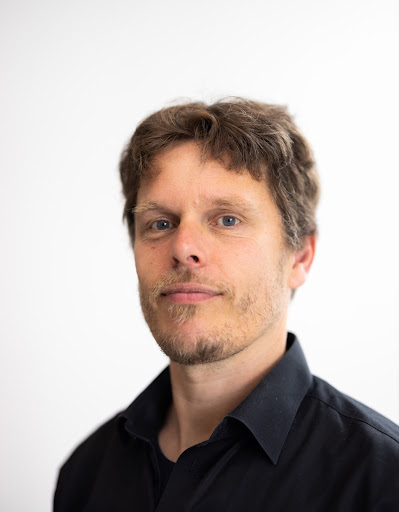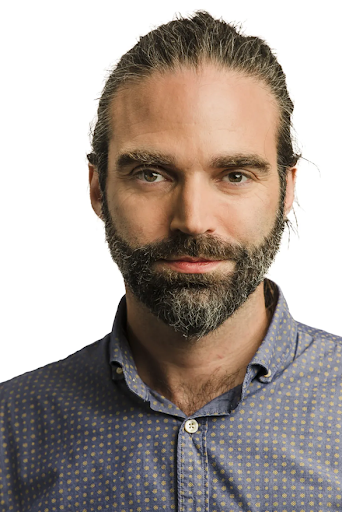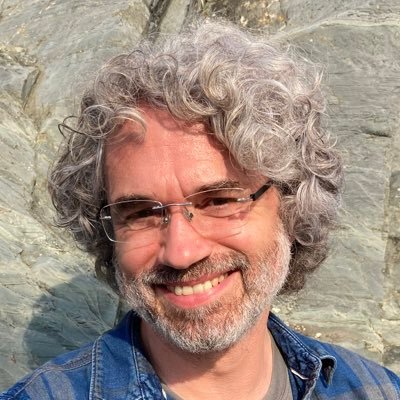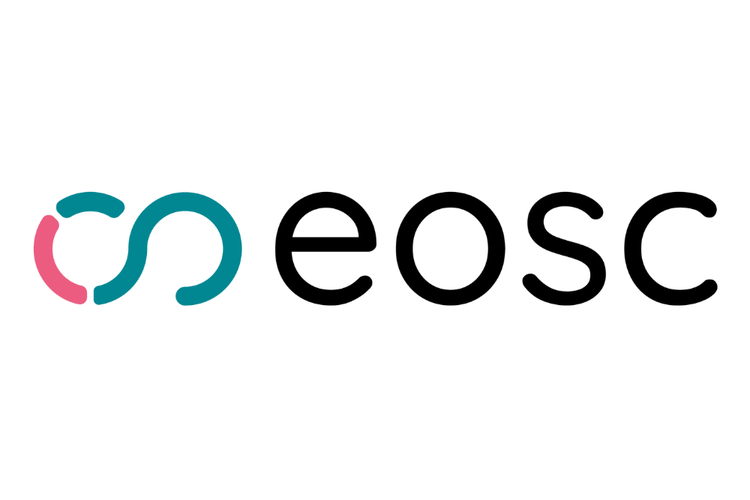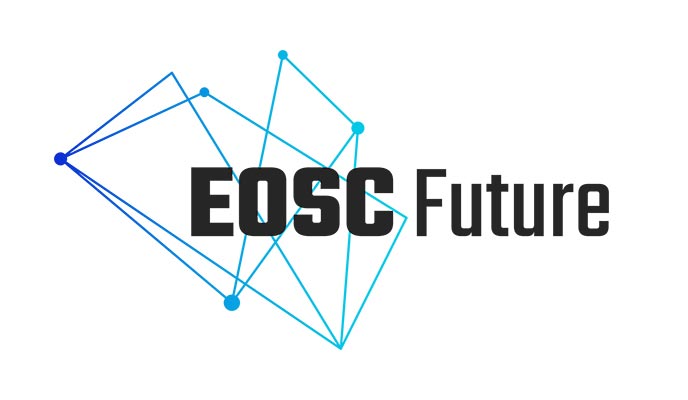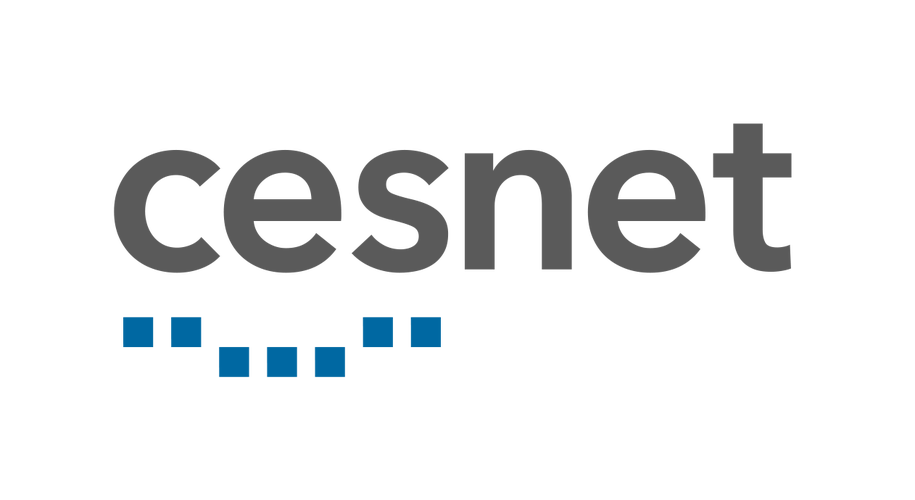EOSC beyond the research sector: for profit organisations, public sector organisations, citizen science
About the session
This session is divided into multiple 10 minute talks about the topic of EOSC beyond the research sector. You can find more info about the talks, speakers and relevance for the EOSC below.
Agenda
| Timing | Topic | Speakers |
| 11:00- 11:05 | Introduction by the chair | Suzanne Dumouchel, (EOSC Association) |
| 11:05-11:15 | Talk #1 EOSC Digital Innovation Hub Presentation | Elisa Cauhe (EGI Foundation) |
| 11:15- 11:25 | Talk #2 EOSC Competence Center for Public Authorities: DECIDO (eviDEnce and Cloud for more InformeD and effective pOlicies) Presentation | Xavier Salazar (EGI Foundation) |
| 11:25- 11:35 | Talk #3 How crowdsourced data analysis can be launched and managed from within EOSC Presentation | Stephen Serjeant (CNRS, ESCAPE) |
| 11:35- 11:45 | Talk #4 Towards a Citizen Science Interoperable Service in EOSC Presentation | Andreas Matheus (Secure Dimensions) |
| 11:45 – 12:00 | Q&A and Discussion |
About the talks and relevance for the EOSC
Talk #1 – The EOSC Digital Innovation Hub (EOSC DIH) serves as the featured mechanism for helping companies, especially start-ups and SMEs, take advantage of everything that EOSC has to offer in order to become more competitive and increase digitalization. The EOSC DIH provides a single access point for private enterprise to run piloting and co-design, access technical assets, receive consultancy and training, and increase visibility. Originally created during the EOSC-hub project, support for the EOSC DIH and the expansion of activities continues through the EOSC Future project. This presentation provides an overview of the EOSC DIH’s mission to involve the private sector as a user of the EOSC in alignment with the EOSC objectives described in the EOSC Strategic Research and Innovation Agenda
The SRIA of the EOSC considers the EOSC expansion to the private sector strategically relevant to generate impact into society and contribute to the growth of Europe. The EOSC DIH, operational since 2018, has supported more than 40 companies in accessing and using different EOSC services and collaborated with multiple EOSC related projects to exploit their services through the private sector. The experience obtained in this period, the operational mechanisms that have been set in place and the community already created during 5 years are key valuable assets for the realisation of this EOSC objective.
Talk #2 – How can you fit access to commercial services for public sector researchers into EOSC?
What is the value proposition of doing this? How do we do this in practice at scale, and how can this keep sustainably working in the EOSC of the future, independently of projects?
Talk #3 – EOSC Competence Center for Public Authorities: DECIDO (eviDEnce and Cloud for more InformeD and effective pOlicies) brings together innovative public administrations, European ICT service providers and research institutions. DECIDO will establish an EOSC Competence Centre to bridge the gap between EOSC and public authorities enabling a bilateral collaboration between the project pilot operators and their teams of experts and the EOSC supply side. This collaboration focuses on creating a channel for the exchange of support and technical expertise, and on service exploitation and outreach. This talk will focus on introducing the Competence Center and its value while providing a call for action for the various EOSC stakeholders to get involved in the centre’s activities and governance.
Members of the Competence Centre would act as early adopters of EOSC accelerating its adoption by Public Authorities. They will further increase the adoption and attractiveness of EOSC by piloting and delivering new innovative services, data and resources for wider use while acting as an additional exploitation path of existing services in EOSC. A well-established community of public authorities will also enable EOSC-related entities to meaningfully engage with this user group for gathering needs and requirements and for testing. This will be crucial for meeting Strategic Objective 8 and Operational Objective 1 of the EOSC. Learnings and best practices from the Competence Centre will not only be crucial for other such competence centres.
Talk #4 -By far the largest, and arguably the most overlooked, group of EOSC stakeholders is the science-inclined public. Their interaction with EOSC services is necessarily more curated than those of subject specialist users, but the public can still make good use of EOSC and even make substantial contributions to scientific discovery. In ESCAPE our approach has been to design services for crowdsourced data mining, i.e. citizen science, in which there is a very strong track record of substantial science contributions in the astro/particle physics domains. In this talk we will present how crowdsourced data analysis can be launched and managed from within EOSC (via the ESCAPE Science Analysis Platform), highlighting projects from social sciences, international development and astronomy.
EOSC needs to include the science-inclined public, not only to engage the largest community, but to maintain support from members of the public who are ultimately funding EOSC. We demonstrate how to do this with SCIENCE-DRIVEN examples of EOSC use, directly benefitting the specialist science communities as well as the public.
Talk #5 – Even though most of the Citizen Science data is openly accessible, it is split across very many different portals. Typically, each portal operates different APIs for fetching the data programmatically, and the data returned is structured differently. This makes Re-use of the data a real challenge. Our work in the EU H2020 funded project Cos4Cloud focuses on an extension to the existing Open Geospatial Consortium (OGC) standard SensorThings API – called STAplus – aiming to enforce the FAIR’s aspects of Interoperability and Reusability. To add the necessary element for considering the citizens and their recognition we invented a generic data model that supports specific use case specific business logic. During our talk we will introduce STAplus, demonstrate its benefits by presenting usage.
EOSC aims to establish a network for interchange of data and services to support interdisciplinary research. To enable the use of Citizen Science data for EOSC, we aim to register a generic data service based on STAplus which API and data model enhances the FAIR principles for sensor data as defined in the OGC standard SensorThings API. The powerful STAplus API and generic data model is an extension to the OGC SensorThings standards. SensorThings itself is based on OASIS ODATA, invented by Microsoft, which ensures interoperable access beyond thematic applications into daily use business software.
(RE)WATCH
Do you want to (re)watch the session? Take a look below.
If you want to (re)live the full Symposium? Take a look at the EOSC Portal youtube channel.
